
Director of Photography
São Paulo, 1984. Agostinho, an old and tired Physics professor, is married to Januária, a retired school principal. In his classes, he begins to feel attracted to one of his students, Márcia, an HIV positive teenager. Quickly, the attraction of the two turns into an impossible love.
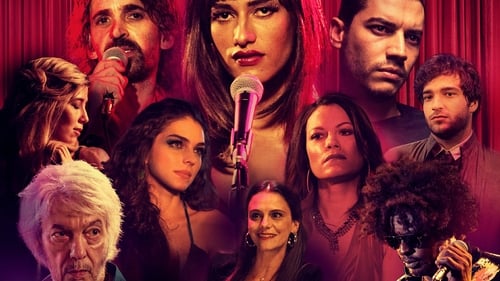
Director of Photography
Marked by losses and mismatches, José's eccentric family seek to be happy while locked in Paraíso Perdido, a nightclub that has stopped in time, where they sing popular romantic music.

Director of Photography
A series of crimes against redheads scares the people from a little town. After the death of his brother, the 13 year old Alberto decides to investigate what is happening and is helped by the experienced but forgetful Inspector Pimentel.

Director of Photography
Laura makes spooky observations as soon as she starts her job as a teacher for two orphan students at a plantation. She concludes that it has something to do with the former caretaker and his romantic partner.

Director of Photography

Director of Photography
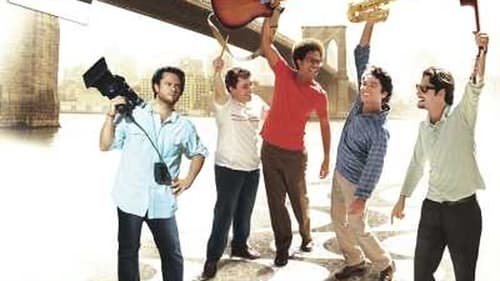
Director of Photography
A group of friends come of age during the political turmoil that plagued Brazil in the 1960's and 70's. Together, these musicians form a band called "Os Desafinados" and become a part of the groundbreaking Brazilian musical movement called Bossa Nova

Self
Through conversations held with fifty four of the most distinguished cinematographers working in Brazil and abroad over the last forty years, the documentary explores the working environment, the new tools and the different styles of the professional who controls the light and the shades behind the camera.

Self
Documentary about the great Brazilian photographers who helped develop Brazilian cinema and their opinions on their work, making movies in Brazil and in general, and other subjects. As a bonus, they all agreed to shoot the same scene following their individual concepts, and the result is shown for comparison.

Director of Photography
Enio is a middle-aged man who lives in solitude after a failed relationship. Pedro, 30, dates Teresa, who is moving to her home. He inherited a carpentry from his father and a taste for the pool. When a traffic accident crosses the parallel trajectories of the two, the imponderable imposes itself and the uncontrol begins.

Camera Operator

Director of Photography
Covering the last years of the famous Brazilian fashion designer in her doomed quest for justice, Zuzu Angel follows the case of her activist son Stuart's arrest, torture, murder, and subsequent corpse disposal by the military forces in early 1970s Rio de Janeiro, during the darkest era of Brazilian military regime and media censorship.

Director of Photography
Four people with different values and standards meet in the urban chaos of Copacabana. Rita and Waldick come from the country, and befriend two Rio de Janeiro native guys, upon arrival: the playboy and surfer Paulo Roberto and a pimp called Tim. Written by lukejoplin@infolink.com.br

Director of Photography
The day-to-day life of a young girl in the town of Diamantina, Brazil, on the end of 19th Century, based on real life diaries.

Director of Photography

Director of Photography
The story of Orisbela, a young and religious woman who comes from Portugal to Brazil to marry Francisco de Albuquerque, a rude sugar-cane plantation owner, in 1570.

Director of Photography
The life of Brazilian actress Odete Lara, muse of the movement called Cinema Novo in Brazil, who exchanged stardom for a quiet and religious life.
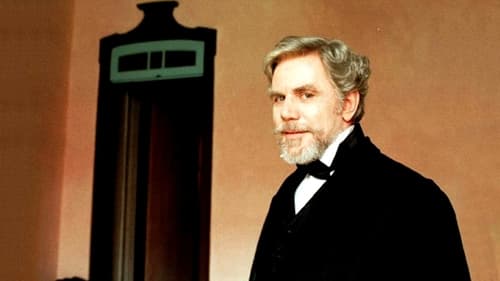
Director of Photography
Free adaptation of Machado de Assis' classic. The narrator is a rich dead man, who tells us about his life and times, making fun of both.

Director of Photography
Young executive woman returns to small town of Dois Córregos and remembers the time, in the late 1960s, when she met her uncle there, a man who was running away from the military dictatorship ruling Brazil at the time.

Director of Photography
The torrid love affair between a 40-year-old man who lives isolated from the world, in his small farm nearby São Paulo and a politically engaged 30-year-old journalist. One morning, after a night of wild lovemaking, he notices a hole made by sauba ants in his fence. This simple fact raises accusations and discord between the two lovers.

Director of Photography
A young girl named Marcela lives with her dad, Jose, a lighthouse keeper, and old Daniel on an island. The only contact the girl has with the world outside her home is by a boat with four sailors that pays a visit to the island in order to take them supplies. Daniel, who not only protects her from her dad's strictness but also teaches her how to be literate, is her source of tenderness. Her dad thinks she should be away from the world - though she wishes she could spend a few days in town. Then one day, as she has her first period and becomes a woman, she starts feeling sexuality through the blowing wind, which she talks to.

Director of Photography
A detective is hired by a mysterious woman to find her missing husband, a master of disguises, and important industry executive.

Director of Photography
"Portraits and excerpts from Brazilian films from all times. Actors, directors and images that affirm cinema."

Director of Photography
In the 18th century in a forgotten town, young Benedicta is the executioner's daughter. Monk Ambrosius, newly arrived at the village, pities the girl but his interest in her unleashes the jealousy of Rochus and the conflict between passion and celibacy begins.

Director of Photography
Michael is a U.S. journalist who works for a Brazilian newspaper. One day he is put in charge of interviewing Father Louis Stephen, a famed catholic missionary who helps the needy in the jungles of Brazil. Yet he has one problem: the Father has rarely ever given an interview. However, Michael decides that he will be the first to have interviewed the Father personally, and goes on a journey to the center of Brazil, in search of the priest. Michael will soon know how hard it can be to get an interview, and that the Father's apparent media-shyness has deeper implications than he thought.

Director of Photography

Director of Photography
A photo-journalist goes to Brazil to investigate a savage crime boss. She becomes infatuated with the story.

Additional Photography
Documentary about the discovery of a ditch in a cemetery located in São Paulo, in which were found the carcass of Brazilian political prisoners who fought against the military dictatorship.

Director of Photography

Director of Photography
In a Rio de Janeiro after the catastrophe, only the hills were immune to a flood that left the asphalt submerged. While the Navy is rationing provisions and some are sacrificing themselves to avoid starvation, a diver goes to the bottom of the sea and finds a submerged civilization there.

Director of Photography

Director of Photography
Making-of about the recording and release of the album Tudo Ao Mesmo Tempo Agora (1991), with the brazilian rock group Titãs.
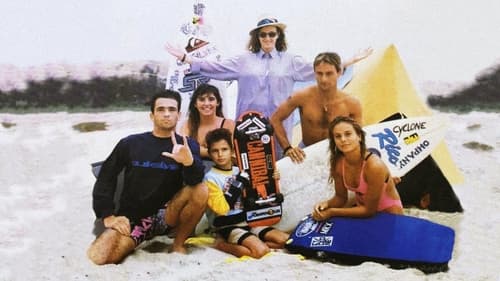
Director of Photography
On the eve of an important surfing championship, a group of young friends travels along the Brazilian coast with the intention of training hard and having a chance to become professional in the sport. However, along the way, Guel, a surfer bum, falls in love with a rich girl.

Camera Operator
A look at the Brazilian black movement between 1977 and 1988, going by the relationship between Brazil and Afrika.

Director of Photography

Director of Photography

Director of Photography
Film based on Manoel de Barros poetry. Story about poet's life in the swamp area of Brazil (Pantanal) and its wildlife; & his obsession with the sea and his new life in the big metropolis in Brazil.
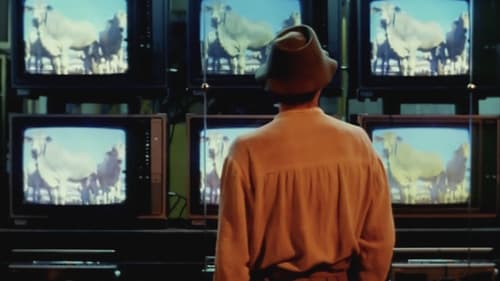
Director of Photography
Hillbilly has one single dream in life: eat beef. He finds a little maid who's anxious to marry, and promises him: in their wedding party, her father would kill an ox.

Director of Photography
According to an Amazonian legend, every month, during the full moon, a Brazilian fishing village receives a mysterious guest: the Boto, who transforms into a human to seduce and be loved by women and hated by men. One of her conquests is the daughter of a fisherman, who has a son with the Boto. He constantly reappears to seduce her, and even when she marries, he continues to look for her. This provokes the ire of the husband, who wants to kill him anyway.
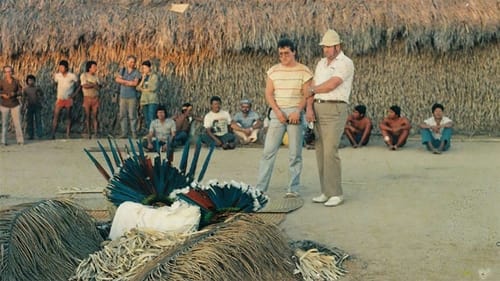
Director of Photography
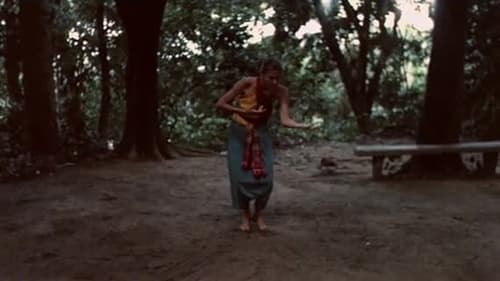
Director of Photography
A fragmented style, patchwork of interviews with Caetano Veloso's friends, mixed with conversations, thoughts, scenes of dance and literature excerpts.

Additional Photography
Tropicália was a Brazilian cultural movement that occurred between 1967 and 1968, inspired by Oswald de Andrade's anthropophagic ideals, pop art and the concretism. Twenty years later, this film revisits the movement and shows that Tropicalismo will never die.

Camera Operator
Quilombo dos Palmares was a real-life democratic society, created in Brazil in the 17th century. This incredibly elaborate (and surprisingly little-known) film traces the origins of Quilombo, which began as a community of freed slaves. The colony becomes a safe harbor for other outcasts of the world, including Indians and Jews. Ganga Zumba (Toni Tornado) becomes president of Quilombo, the first freely elected leader in the Western Hemisphere. Naturally, the ruling Portuguese want to subjugate Zumba and his followers, but the Quilombians are ready for their would-be oppressors. The end of this Brave New World is not pleasant, but the followers of Zumba and his ideals take to the hills, where they honor his memory to this day. Writer/director Carlos Diegues takes every available opportunity to compare the rise and fall of Quilombo with the state of affairs in modern-day Brazil.

Director of Photography

Director of Photography
In the 19th century, a country girl is seduced by a young doctor who's staying at her house for a few days, caring for her, and tries to hide the forbidden romance from her father, who disapproves of the relationship.

Director of Photography
From its very title, Cláudio Kahns and Antônio Paulo Ferraz's Santo e Jesus, Metalúrgicos is crystal clear about where it stands and about its messianic flair. Through a wordplay with the religious connotation of the names of the two men, murdered during the worker strikes of the late 1970s in São Paulo, it associates sainthood and Christ himself with the working class. That association is reaffirmed throughout the film, from the very beginning, including by a priest. The martyrdom of metalworkers Nelson Pereira de Jesus and Santo Dias da Silva is the starting point to denounce the working conditions faced by factory workers, and the repression which ensues whenever they try to resist them. However, the film also presents us with the 'official' version of the facts, going so far as to feature interviews with the man who killed Nelson. Obviously, it sides with the workers, as it conveys the strength of the oppressed and the impudence of the oppressors.
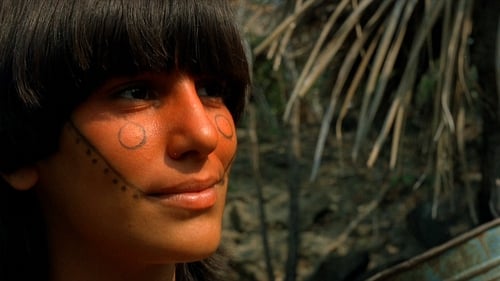
Director of Photography
A military man picks up a Native Brazilian woman and heads to a gold panning site where he has undisclosed business to attend to.

Director of Photography
Filming of the historical montage of Oswald de Andrade's play, where decadent millionaires, depraved children, corrupt and implacable capitalists are the characters interpreted by the Grupo Oficina, in a celebrated theatrical performance from 1967, fundamentally recorded in 1971 and released only in the 1980s.

Director of Photography
The process of formation of the person and its identity from an African conception of the world. The orixás (gods), linked to the forces of nature, are equal to people, and are not transcendent. of the person with their orixá, within the family and the culture. Filmed in a Candomblé terreiro of Bantu origin.

Camera Operator

Director of Photography

Director of Photography

Director of Photography
At the height of the military dictatorship, an abandoned mansion in the center of São Paulo is occupied by militants, hippies, maniacs, homosexuals, punks, artists and poets, as well as immigrants from different parts of the world.

Camera Operator
In the beginning of the 20th Century, in the Northeast of Brazil, one of the first Brazilian industrialists is persecuted because he refuses to sell his business to a British company.

Director of Photography
A "queixada" is a small animal that when it feels threatened unites to face the enemy. This nickname was given to the workers of Perus cement company, located in São Paulo in the neighborhood of the same name, when, in 1962, they organized a strike for wage arrears and lack of working conditions. The documentary is a dramatized reconstruction made 16 years later by the workers. (1978 - SP)

Director of Photography
A documentary about Italian immigration in Brazil.

Assistant Camera
Solano is often plagued by nightmares in which, during the Middle Ages, he is pursued by the hunter Faro, who intends to kill him. On discovering, in an antiquarian, a tapestry that represents a hunt and that reminds him of his dream, he tries to buy it, but the owner refuses to sell it.

Director of Photography
The disorderly growth of large urban centers in the country and the discussion about the development and existence of cultural spaces. Based on the example of the Teatro de Ópera in Campinas, a building that managed to consolidate construction and space for the existence of a square, theater and architecture are discussed, pointing out the future coexistence between men and cities. Using models, the film presents a new urban concept of the square, as a point of bringing people together for an encounter with cultural things, combining gardens, concert halls, compilation rooms and libraries. A theatrical rehearsal, held in an unfinished theater in Campinas / SP, designed by the architect Fábio Penteado.

Producer

Writer

Director

Director of Photography
Nitrato expresses the ambiguities and contradictions of the Cinemateca Brasileira. The film deals with the richness of its collection, the recognition of international entities, and explores what its relationship to the general public was like. Nitrato also portrays the neglect with which the institution is treated, as seen in how precarious its building infrastructure is, how politicians neglected to communicate with the institution’s staff, and the aftermath of another fire in the building.











































